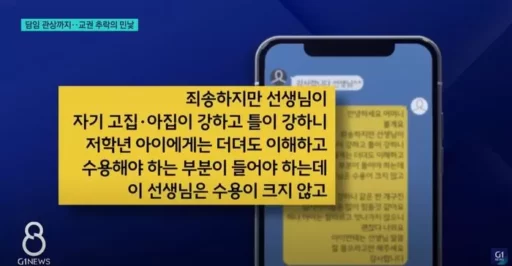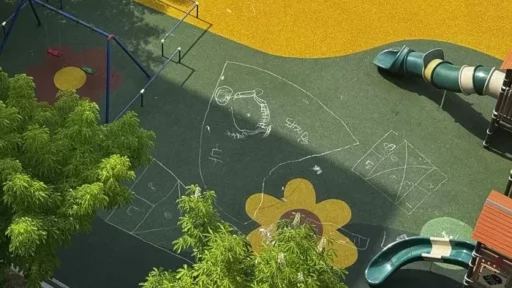Online Community Offering 'Compatibility' Checks Between Parents and Teachers
"Will my child get along well with this teacher? Please check their compatibility."
"Will my child get along well with this teacher? Please check their compatibility."
"Will my child get along well with this teacher? Please check their compatibility."
Recently, a bizarre service that offers to check the 'compatibility' between teachers and children has emerged online. The problem lies in the existence of parents who utilize this service.
On the 14th, G1, a private broadcasting station in Gangwon Province, reported that a promotional post offering compatibility checks between school teachers and children has appeared in an online community with approximately 5,000 members.

According to the report, the operator of the community introduces themselves as an 'expert in compatibility' and states that for a fee ranging from 20,000 to 50,000 won, they will analyze the compatibility of a teacher and a child based on photographs sent to them.
Upon receiving the photos, the community operator offers interpretations along the lines of "Strong personal stubbornness and arrogance. The teacher has limited acceptance and a strict measuring standard."
This can be seen as a representative example clearly demonstrating the decline of teachers' authority.

On the same day, the Korean Teachers and Education Workers Union announced the results of a survey conducted from the 23rd of last month to the 7th of this month, which involved 8,254 teachers from elementary, middle, high, and special schools across the nation. The results indicated that 6 out of 10 teachers have considered switching jobs or resigning in the past year.
The primary reasons for considering job changes or resignations (multiple answers allowed) included 'violation of teachers' rights and excessive complaints' at 77.5%, followed by 'low salary' (57.6%) and 'excessive workload' (27.2%).
The percentage of teachers who reported experiencing violations of their authority by students and guardians in the past year was 56.7% and 56%, respectively. Among teachers, 23.3% have sought psychiatric counseling or treatment due to violations of their rights.
Image source: Reference photo for understanding the article / gettyimagesbank, youtube 'g1방송'


